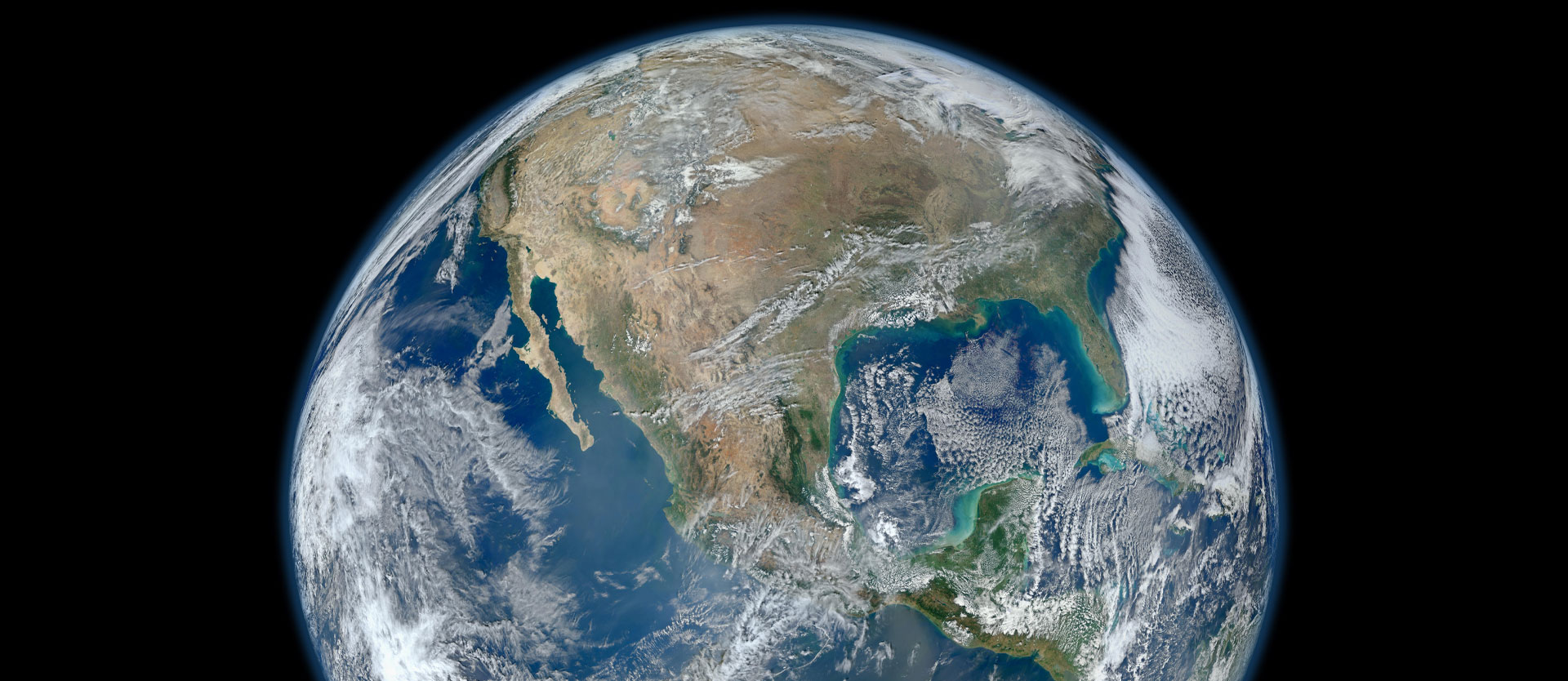
Fleeting Paradise

In about a billion years, it could get uncomfortable on earth. That is when the blue planet is likely to have lost more or less all the oxygen of earth’s atmosphere. Today it makes up around 20 percent, in the future, however, it might account for less than one percent.
Moreover, the sun is responsible for this development - the sun, of all things, because of which life was ever possible. The sun is aging and its heat is therefore increasing. That, in turn, means that there will be fewer plants on the planet to produce oxygen. This is how Kazuki Ozaki from Toho University in Japan and Christopher Reinhard from Georgia Institute of Technology envision earth’s future in their latest article in the academic journal Nature Geoscience.
Already, the radiance of the sun is increasing and, by extension, the temperatures on earth are rising. Both these factors mean that the decomposition and absorption of carbon dioxide in rocks is increasing as well, the geoscientists claim. Consequently, there is not enough carbon dioxide for plants to photosynthesise. In 600 million years, the terrestrial vegetation will already start shrinking.
For their prognosis, the geoscientists expanded earth system and climate models. They added parameters that influence the gas composition of the atmosphere. Furthermore, they added predictions about decomposition and geochemical material cycles, vegetation and solar radiation. With this data, the scientists first reconstructed the past. Subsequently, they conversed the time travel towards the future and exposed earth to the increased radiation budget that is predicted for solar development.
The result: The oxygen level of the atmosphere will decrease significantly. The scientists calculated that in 1.08 billion years the gas envelope that surrounds earth would contain less than 1 percent of its current oxygen content. The majority of existing life forms could not exist under these conditions.
At the same time, the methane content in the atmosphere will increase considerably. The atmosphere of earth in the far future might be similar to early earth before the so-called Great Oxidation Event, the researchers say. Around 2.4 billion years ago, the event augmented the oxygen content in the atmosphere that was previously mainly made up off methane, azote, and carbon dioxide. In one billion years, our planet, seen from space, might remind us of clouded Titan rather than a blue planet.
The calculations suggest that an oxygen atmosphere is not a permanent condition, not even under life friendly conditions and photosynthesis, Ozaki and Reinhard conjecture. Only a fraction of the history of earth will be marked by a high oxygen level in the atmosphere. This oxygen rich phase will make up only 20 to 30 percent of earth’s lifetime.









